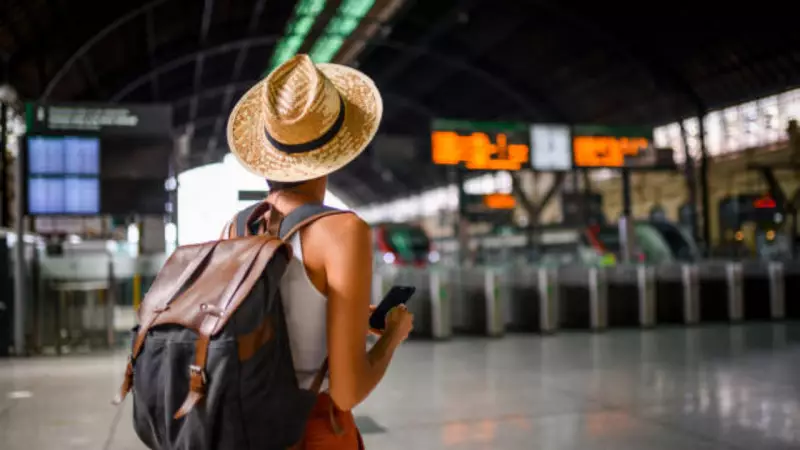
Traveling the world doesn't have to mean sacrificing your health or your savings account when it comes to meals. One innovative Indian content creator has cracked the code on maintaining nutritious eating habits while dramatically cutting food expenses during international adventures.
The Smart Traveler's Food Strategy
Instead of relying on expensive restaurants or compromising on quality, this savvy traveler employs several clever techniques that any budget-conscious explorer can implement immediately.
Local Market Mastery
One of the most effective strategies involves bypassing tourist traps and heading straight to local markets. Not only do these markets offer fresher ingredients at significantly lower prices, but they also provide an authentic cultural experience that most travelers miss.
Accommodation with Kitchen Access
Choosing accommodations with basic kitchen facilities transforms your travel budget. Simple breakfasts and light meals prepared in your room can save hundreds of dollars over a multi-week trip while ensuring you know exactly what you're consuming.
Practical Tips for Every Traveler
- Portable Nutrition: Carry compact, nutrient-dense snacks from home to avoid expensive impulse purchases
- Water Wisdom: Invest in a reusable water bottle and purification methods instead of buying bottled water
- Strategic Splurging: Save restaurant visits for unique local specialties rather than everyday meals
- Local Knowledge: Ask residents where they eat to discover affordable, authentic dining options
Health Benefits Beyond Savings
This approach isn't just about financial savings. Preparing your own meals means you control portion sizes, ingredients, and cooking methods - crucial factors for maintaining dietary requirements and health goals while away from home.
The method proves that with some planning and creativity, travelers can enjoy diverse, satisfying meals that support both their health objectives and their budget constraints, making extended travel more accessible and sustainable.




